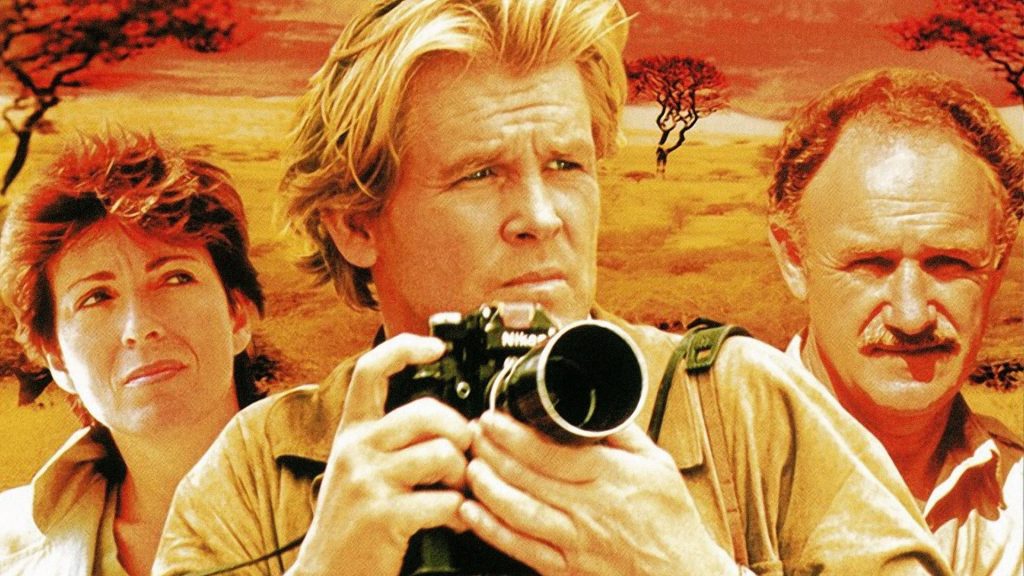
fciwomenswrestling.com article, unsplash.com pexels.com photo credit
Is the war photo journalist who provides us with a bird’s eye view of frightening conflict while we sit in the safety and warmth of our living rooms an unselfish provocateur or a thrill seeker?
A hungry month drawn to the violent flame?
Sometimes it’s hard to tell.
In modern times, the men and women who go where we dare not can be seen in many documentaries but none more powerful than HBO’s Vice.

Vice is a documentary TV series created and hosted by Shane Smith of Vice magazine. Produced by Bill Maher, it uses CNN journalist Fareed Zakaria as a consultant, and covers topics using an immersionist style of documentary filmmaking. It premiered April 5, 2013, on HBO. The show’s second season aired in 2014 and won an Emmy Award for Outstanding Informational Series or Special.
Having watched virtually every episode, we can attest that it is fascinating and fills us simultaneously with great hope and deep hopelessness.
Its predecessor, done on film with Hollywood storylines, was shot decades ago.
The film was an innovator in terms of showing us the terrifying world that we live in and how close it can come to our doorstep.

Under Fire is a 1983 American political thriller film set during the last days of the Nicaraguan Revolution that ended the Somoza regime in 1979 Nicaragua. It stars Nick Nolte, Gene Hackman and Joanna Cassidy. The musical score by Jerry Goldsmith, which featured well-known jazz guitarist Pat Metheny, was nominated for an Academy Award. The editing by Mark Conte and John Bloom was nominated for a BAFTA Award for Best Editing.
The Film was shot in the Mexican states of Chiapas and Oaxaca.
Unselfishness in the war zone and in everyday life tends to come with a high price.
Most of the time.
In our female grappling industry, we love Isamar Gutierrez because she has trained so many girls, wrestled them and helped them get work.

http://grapplingstars.com/fvsf-wrestling-videos/
Her unselfish acts on the mats are to be greatly admired.
Which raises the question.
Is it wise to be unselfish in this detached modern world?
We’ll let you decide. We have a visiting female speaker who speaks to that. Please enjoy.
Unselfishness Versus Self-Negation

In The Spirit and the Forms of Love, Daniel Day Williams writes: “Love does not solve every problem, but without growth in love and in the capacity to receive love, the kind of knowledge of the world and of other persons which requires objectivity, dependability, and insight does not come… Without love the mind becomes the weapon of sophisticated violence. The love of wisdom becomes self-serving pride.” Love and unselfishness go hand in hand, but unselfishness is not an inherent characteristic of human behavior. Unconditional love must therefore be cultivated.
According to epochal revelation, “Love, unselfishness, must undergo a constant and living readaptative interpretation of relationships in accordance with the leading of the Spirit of Truth. Love must thereby grasp the ever-changing and enlarging concepts of the highest cosmic good of the individual who is loved. And then love goes on to strike this same attitude concerning all other individuals who could possibly be influenced by the growing and living relationship of one spirit-led mortal’s love for other citizens of the universe. And this entire living adaptation of love must be effected in the light of both the environment of present evil and the eternal goal of the perfection of divine destiny.”
Unselfishness is not a natural human characteristic; it requires the enlightenment of reason, morality, and the urge of religion – God-knowingness – to produce a loving and caring personality. The selfless attitude of a wise and loving parent emerges as we grow in appreciation of God as the one Divine Parent of all.
Unselfishness – being selfless isn’t a masochistic tendency rooted in self-denial and suppression of desire. Rather, it is an expression of appreciation for the source of our salvation and recognition of the destiny of our spirit-born souls. While humility before God is appropriate, and meekness among others is commendable, attention-craving humility is an unworthy attitude from the children of God. Any actions of convenience or expectation of reward may be benevolent, but still fall into the human realm of self-interest.
As we grow in our understanding of the nature of God, we grow in our recognition of his selflessness and the desire to improve the quality of our relations with others; not from a sense of duty but from the inspiration of love. As we grow in awareness of our Indwelling Spirit, we increasingly recognize that godliness is the destiny of humanity. A spiritual reverence and deep conviction evolve within our soul, reflected in the declaration: “It is my will that your will be done.” In other words, I choose to show my love and appreciation for God by striving to develop a God-knowing balanced personality, thereby deepening the capacity to lovingly serve my fellow human beings.
The family unit is the best setting for developing a caring and loving attitude. Ideally, parents embrace the supreme responsibility of assisting the child in the battles of life by caring and through training the child to become a self-supporting, wise, loving, and honest individual who can contribute to the progress of civilization. The young adult attains respect and trust for her parents, not from obligations but as a result of the quality of care, training, and affection that the parents display. True parents are dedicated to loving service and wise children come to recognize and appreciate a selfless attitude. Young adults are thus trained to expand their perception of a loving family to include their neighbors, their country, and the world.
This quality of unselfishness is the real measure of human greatness. To nurture the selfless element in moral behavior is to nurture the capacity to love, trust, and respect capacities that thrive on knowledge of God and enhanced spiritual insight. We may have high moral standards and be idealistic, but growth in spiritual insight transforms morality into a driving force of enlightened change for societies and nations.
Sheila Keene-Lund is a long-time reader of The Urantia Book and the author of Heaven Is Not the Last Stop. This article, the first of a four-part series, is an excerpt from her book. Sheila holds workshops nationally and globally, helping participants discover new meanings and values in their lives. To purchase her book or bring Sheila to your community, visit http://www.heavenisnotthelaststop.com or email her at skl@sheilakeenelund.com.
~ ~ ~
Thank you Wikipedia
Article Source: http://EzineArticles.com/expert/Sheila_Keene-Lund/521174
Article Source: http://EzineArticles.com/3640601



